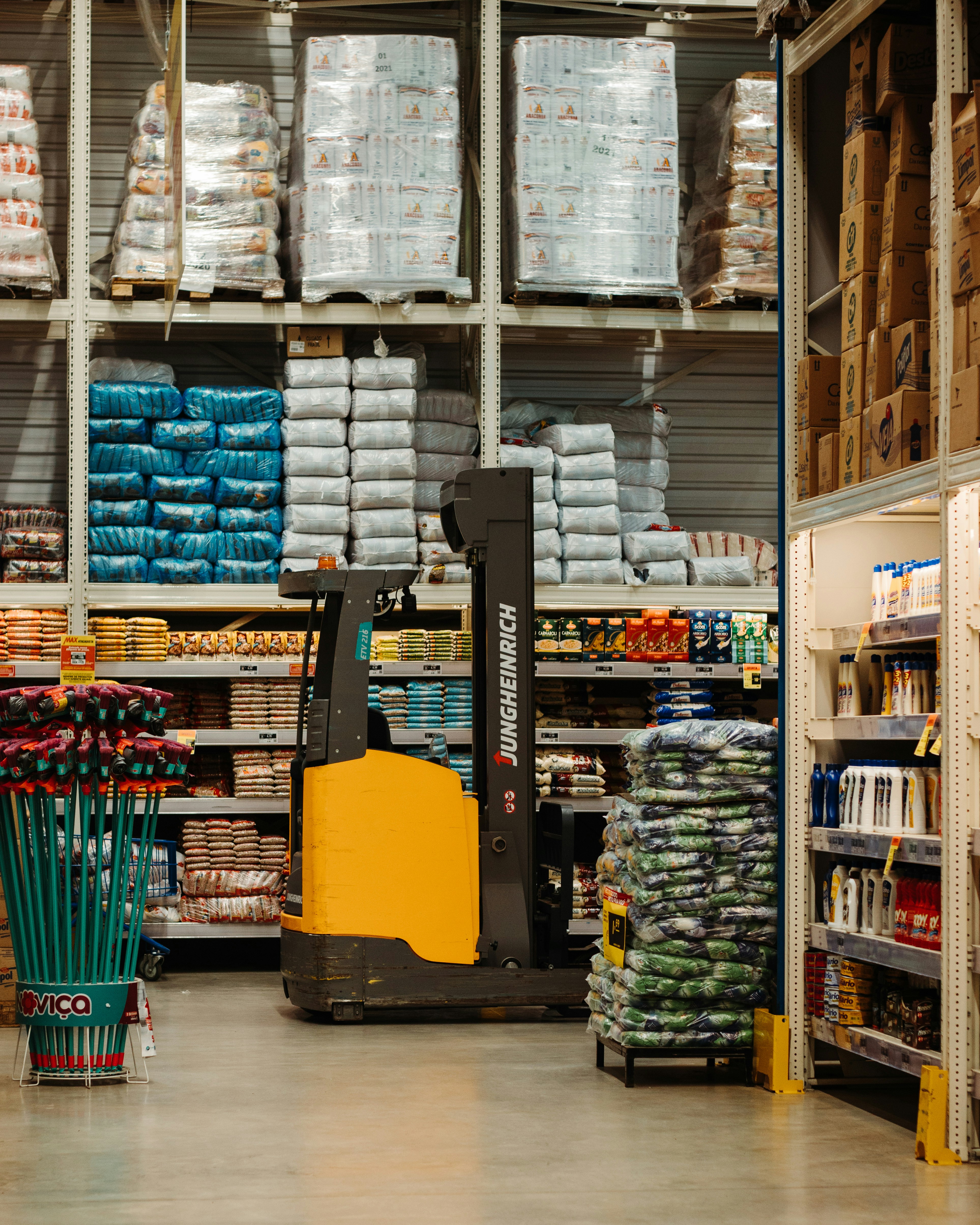
Public Voting for the Kenya E-Commerce Awards is Now Open
It's that exciting time of the year again! We're thrilled to announce that public voting for the Kenya E-Commerce Awards is ongoing. This is your c...

18 Mar 2024
0
947
In a dynamic business landscape like Kenya's, the significance of warehousing cannot be overstated. From facilitating seamless logistics to optimizing supply chain efficiency, warehouses serve as the backbone of the country's economic infrastructure. Let's delve into why these storage facilities are indispensable for businesses operating in Kenya.
Enhanced Inventory Management
Warehousing plays a pivotal role in streamlining inventory management processes. By providing a centralized location for storing goods, businesses can efficiently monitor stock levels, track movements, and implement effective replenishment strategies. This ensures that products are readily available to meet customer demands, thus fostering customer satisfaction and loyalty.
Facilitating Seamless Logistics
Efficient warehousing is essential for maintaining smooth logistics operations. Strategically located warehouses enable businesses to reduce transportation costs and minimize lead times. Moreover, the consolidation of goods in warehouses facilitates bulk transportation, optimizing the utilization of transport vehicles and reducing per-unit shipping costs.
Mitigating Seasonal Fluctuations
In a country like Kenya, where agricultural production often experiences seasonal fluctuations, warehousing plays a crucial role in stabilizing supply chains. By stockpiling goods during periods of surplus, warehouses ensure continuous availability of essential commodities even during lean seasons. This not only prevents market shortages but also helps in stabilizing prices, benefiting both consumers and producers.
Empowering E-commerce Growth
With the rapid expansion of e-commerce in Kenya, the demand for efficient warehousing solutions has soared. Warehouses serve as fulfillment centers for online retailers, enabling them to store, pick, pack, and ship orders swiftly. By leveraging advanced warehouse management systems, e-commerce businesses can offer same-day or next-day delivery options, enhancing the overall customer experience and gaining a competitive edge in the market.
Boosting Trade and Export Opportunities
Warehousing infrastructure plays a pivotal role in facilitating international trade and export activities. Well-equipped warehouses near ports and airports serve as transit hubs for imported goods, enabling efficient customs clearance and distribution to domestic markets. Additionally, exporters utilize warehouses to consolidate, store, and pack goods before shipment, ensuring compliance with international quality standards and timely delivery to overseas buyers.
Supporting Just-in-Time Manufacturing
In the manufacturing sector, warehousing enables the implementation of just-in-time (JIT) production systems, where raw materials and components are delivered to the production line precisely when needed. By minimizing inventory holding costs and reducing lead times, JIT manufacturing enhances operational efficiency and agility, enabling businesses to respond swiftly to changing market demands and trends.
Conclusion
In conclusion, warehousing plays a multifaceted role in driving economic growth and development in Kenya. From optimizing inventory management to facilitating seamless logistics and empowering e-commerce, warehouses are indispensable assets for businesses across various sectors. As Kenya continues to position itself as a regional hub for trade and commerce, investments in warehousing infrastructure will be pivotal in unlocking new opportunities and sustaining long-term prosperity.
Enter your email to receive our latest newsletter.
Don't worry, we don't spam
Discover our latest and most popular articles





It's that exciting time of the year again! We're thrilled to announce that public voting for the Kenya E-Commerce Awards is ongoing. This is your c...

Revolutionizing Order Fulfillment in Kenya
In the dynamic landscape of commerce, efficient order fulfillment stands as the c...

In today's fast-paced world, convenience is key. And in a country like Kenya, where bustling cities and vibrant communities thrive, the demand for ...
Stay updated with our latest news and announcements, featuring insights, events, and developments shaping the world of logistics.


0 5 min read
International trade has unlocked endless opportunities for businesses and individuals across the globe. From manufacturers reaching new markets to families receiving essential goods, the flow of ca...

0 5 min read
Every dream has a destination. For some, it’s a thriving business overseas. For others, it’s reuniting with loved ones across borders, or seizing new opportunities in distant lands. But one thing i...
Discover our most read and shared articles from the community

5 min read
In a dynamic business landscape like Kenya's, the significance of warehousing cannot be overstated. From facilitating...

5 min read
Revolutionizing Order Fulfillment in Kenya
In the dynamic landscape of commerce, efficient ord...
We couldn't find any orders matching your search criteria.
Reference
Delivery Address
Estimated Delivery